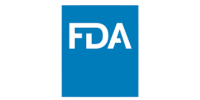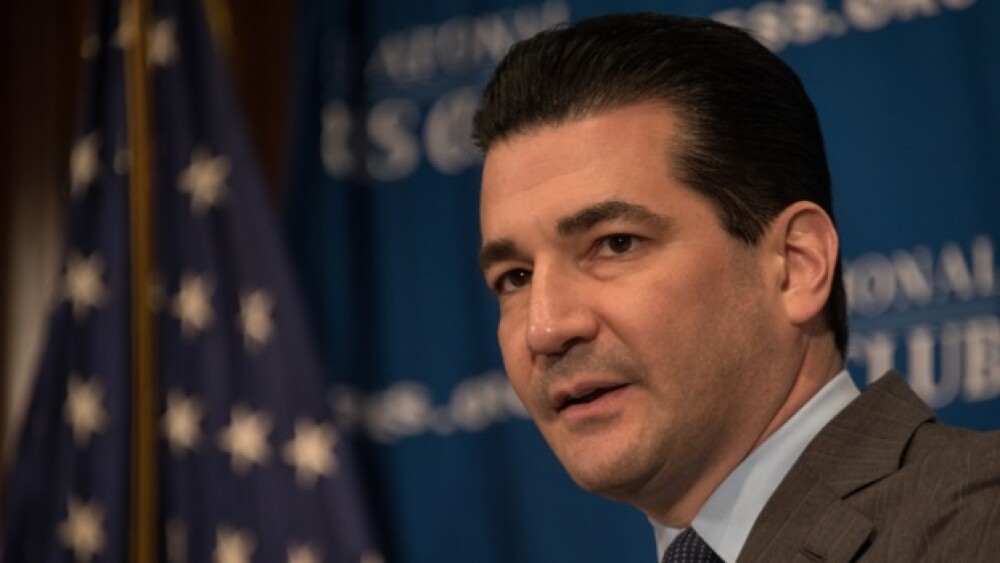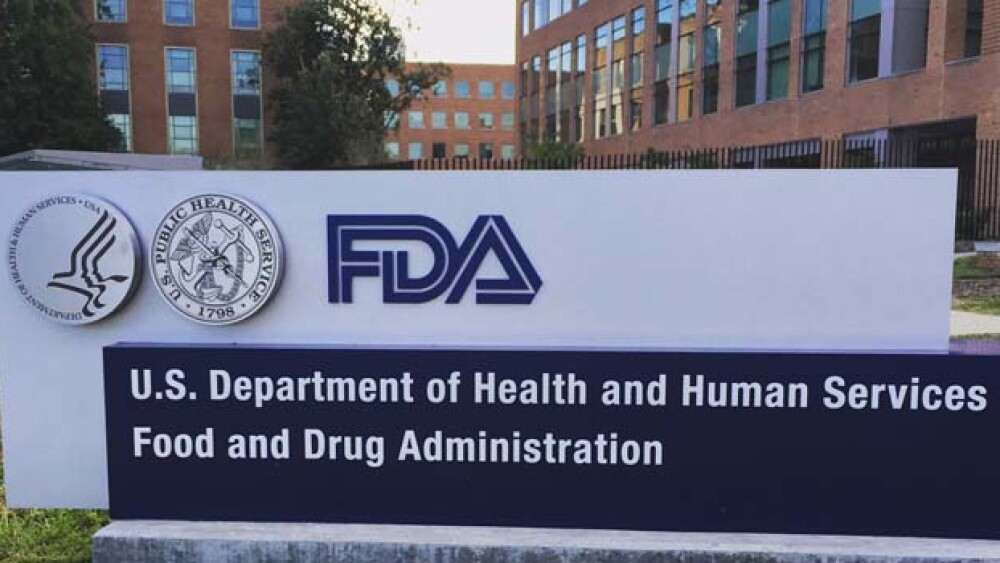
Food and Drug Administration (FDA)
NEWS
The Orphan Drug Act (ODA) was enacted on January 4, 1983. It was designed to encourage the development of drugs for rare diseases. The law was amended the following year to define rare diseases as ones that affect fewer than 200,000 people in the U.S. But it also included drugs that affect more than 200,000 people the costs of developing and marketing the drug in the U.S. would exceed revenue from U.S. sales.
As 2019 gets underway for the biopharma industry, more companies are increasing their reliance on the use of artificial intelligence as part of their drug discovery process.
According to U.S. Food and Drug Administration (FDA) Commissioner Scott Gottlieb, less than two percent of Americans use biologics, but they account for 40 percent of total spending on prescription drugs.
As the partial government shutdown enters its 21st day, tying it for the longest U.S. shutdown in history, the impact is becoming more and more realized within the pharmaceutical industry.
Swiss pharma giant Novartis has found itself at the center of a legal battle that could determine if the company engaged in a research project that was a kickback in disguise.
Tuesday, January 8, was another busy day in San Francisco for the JP Morgan Healthcare Conference. One interesting sideline was the idea that the current government shutdown could complicate some deals.
Moderna’s clinical and business update at the JP Morgan Healthcare Conference led the newly public company shares to pop 4.2 percent, a welcome change.
According to reports, FDA Commissioner Scott Gottlieb will outline the formation of the Office of Drug Evaluation Sciences, a 52-member group, during his talk at the J.P. Morgan Healthcare Conference in San Francisco later today.
In theory, the U.S. Food and Drug Administration (FDA) is tasked with overseeing the safety of food and drugs in the U.S. based on science, not politics. That doesn’t always work.
JOBS
IN THE PRESS









